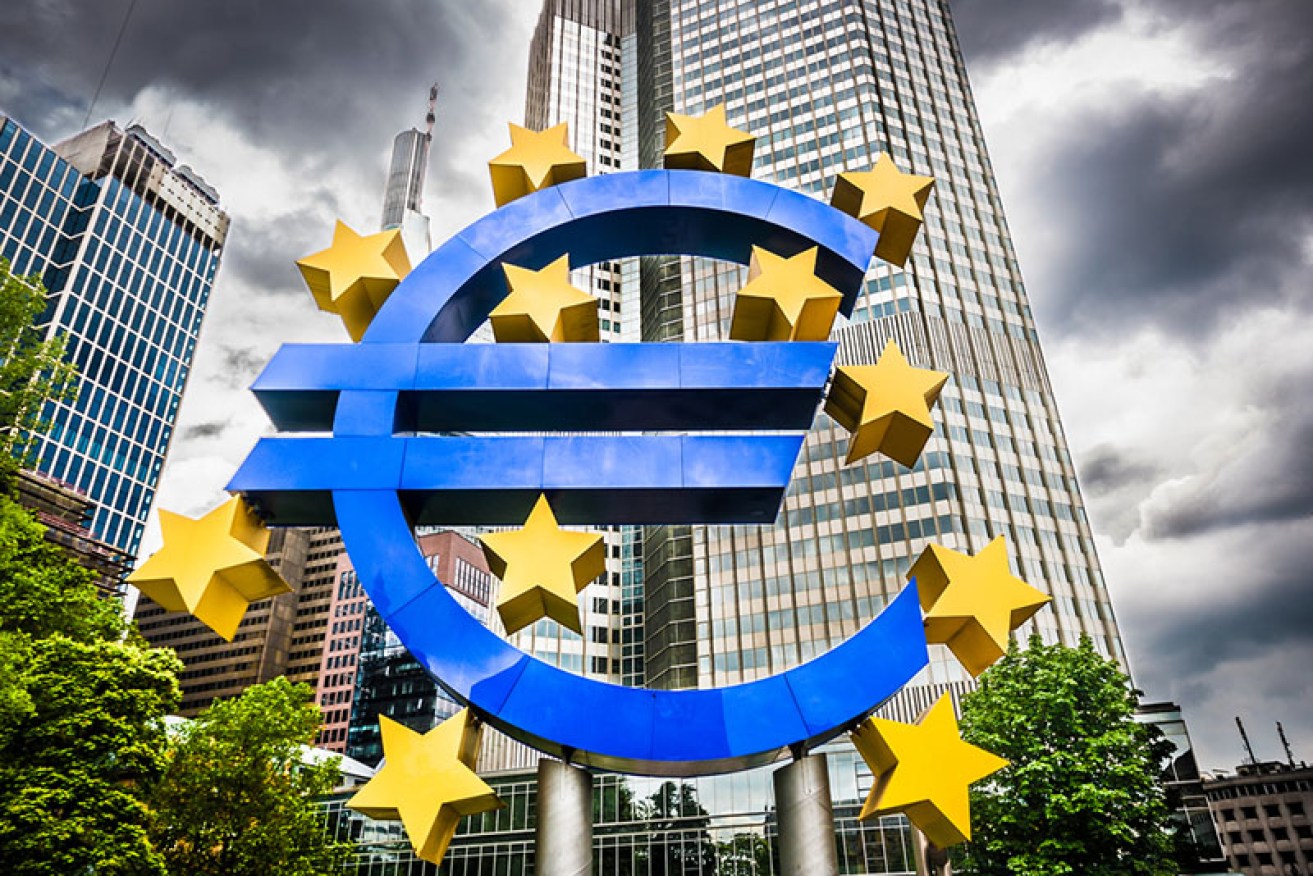Is the global economy in trouble?


Shutterstock
If you’ve looked at a newspaper or switched on the TV in recent weeks you may have picked up that commentators are once again sounding alarm bells about the global economy.
Europe and Japan are in the doldrums, they say. Russia is in free fall. China is no longer growing at anything like the rates it was during the glory days of last decade, and Latin American economies are looking increasingly like basket cases.
• How Australia squandered its mining boom
• Jump in gold price spells bad news for economy
Australia isn’t looking too healthy either. An unexpected drop in productivity at the end of 2014 led many to predict a recession – something Australia hasn’t experienced since the early 1990s.
After soaring through the global financial crisis untouched, this is quite a fall from grace.
But given news outlets love to exaggerate, all this should be taken with a pinch of salt. So how bad are things really? And if they are really so terrible, how will it affect you?

IMF MD Christine Lagarde says the global economy faces a “very strong headwind”. Photo: Shutterstock
World on its knees
In a speech last week in Washington, the International Monetary Fund’s managing director Christine Lagarde pulled no punches.
“We see the global recovery continue to face a very strong headwind,” she said.
“Too many countries are weighed down by high debt and high unemployment. Too many companies and households are cutting back on investment and consumption today because they are concerned about the growth tomorrow.”
The only clear positive she identified was growth in the United States economy, and cheaper oil prices, which she said were a “shot in the arm” for many struggling economies.
“A shot in the arm is good,” she said, “but if the global economy is weak on its knees, a shot is not good enough.”
US succeeds where Europe fails
The problem goes back to the GFC, which really did bring the global economy to its knees. Since the 2008 crash, western economies have been struggling to get back on their feet.
So far, Europe has failed dismally to do so. The UK, which never adopted the euro, is doing a better job of things, while the US seems to be standing again.
Between 2008 and 2013, the US central bank, the Federal Reserve, lent hundreds of billions of dollars to the US government and to banks, money which was essentially created out of thin air. The idea was more money in the system would result in more economic activity, more jobs, more consumer spending, and so on.
And it appears to have worked.

The European Central Bank is widely expected to start printing money this year. Photo: Shutterstock
Europe went the opposite route. It attempted to solve its problems by spending much less on social services, through what have been called ‘austerity measures’.
Oil price
One big question for the global economy is, why is oil so cheap? According to Kristian Fok, executive manager investment strategy at Cbus, there are two possible answers.
“The first is in response to a reduction of demand, and that is not good for growth,” he says. The other, he says, is due to an increase in supply.
“During the GFC the oil price collapse was due to a drop in demand. But today we’ve got a mixture of things.”
Mr Fok says the main cause in the recent drop in oil price is Saudi Arabia and the OPEC nations’ decision to keep supply at the same level, even though China is slowing and there is a lot of new fuel on the market thanks to the US shale boom.
While Mr Fok says the drop in the oil price is mainly down to increased supply, overall commentators are somewhat split. If the significant factor turns out to be a fall in demand, then that is bad news for global growth.
What does this mean for Australia?
Dr Shane Oliver of AMP Capital is “not pessimistic” about Australia’s prospects, though he concedes he was worried by the drop in productivity late last year.

The end of the mining boom has seen the Aussie dollar fall against the US dollar, which is good for other parts of the economy.
“The benefits of the end of the mining boom are a lower Aussie dollar, lower interest rates and cheaper petrol. It’s more expensive to go on holiday, but you’re more likely to keep your job.”
A lower dollar means Australian exports sell for more. If a bottle of Australian wine sells for US$10, that translates as A$12.15 today. Not long ago, when US and Aussie dollars were at parity, it would have only equalled A$10.
Lower interest rates, meanwhile, make it cheaper for businesses and home buyers to borrow money, and cheaper petrol makes travel much more affordable, which should lead to increased productivity.
One potential problem, Dr Oliver says, is a property bubble. But he is confident the boom in property prices is calming down and will hit sustainable levels.
“I don’t think we’ll see a recession. If anything, we’re weathering the end of the mining boom pretty well.”
Overall, then, if you are living in Europe, Japan, or a major oil exporter like Russia or Venezuela, the outlook does not look good.
But if you are in Australia, things could be a lot worse.







